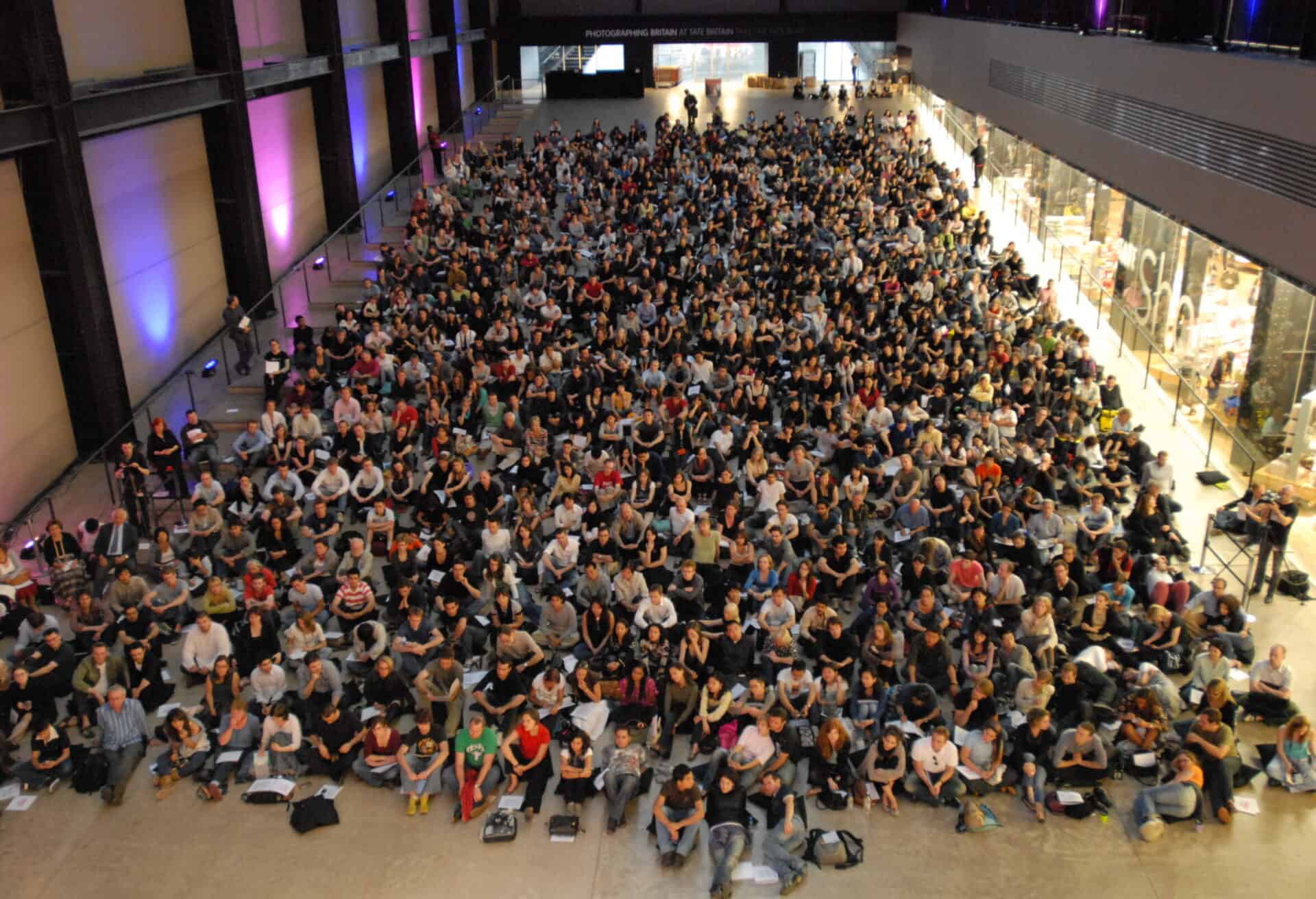Next – Project
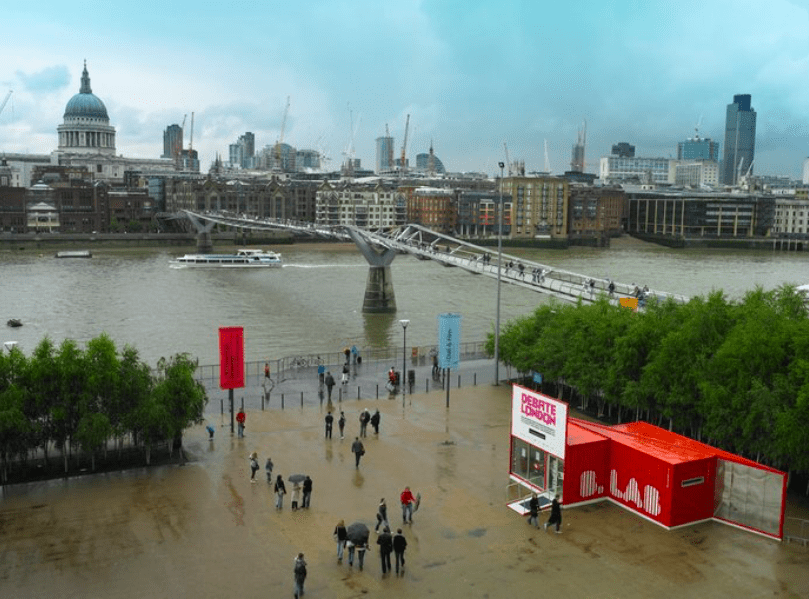
Generation London Debate
Monday 25 June 2007
Generation London was the fifth and final event of Debate London, conducted by under 18 Londoners in the Starr Auditorium at Tate Modern. As a daytime youth debate, young people from London schools debated the city’s changes with key decision-makers and media representatives.
Today’s young Londoners will inherit the city we are building now. They will ultimately benefit or lose out to the decisions made now about London’s future. What do they think? What do they want? What role can they play in shaping a city that is vibrant, attractive and a dynamic place for young people to live and learn?
Generation London convened over 200 school students from across the city and engaged them in these questions. Direct conversations began eight weeks in advance and culminated in the Generation London Debate, which included seminal cultural figures and policy-makers.
The programme was supported by The Billboard Lab, a customised-shipping container with a fully equipped film studio where young people developed their creative skills, explored regeneration issues and engaged with local communities. The Lab arrived at Tate Modern on the first day of the evening debates, alongside a student media team and chronicled the debates in an independent documentary film.
The educational project was coordinated by Samantha Holdsworth and Greg Klerkx, Nimble Fish.
Generation London was produced by The Architecture Foundation as part of Debate London. It was realised in partnership with Nimble Fish, Tate, Modern, Creative Partnerships and Futurecity Arts.
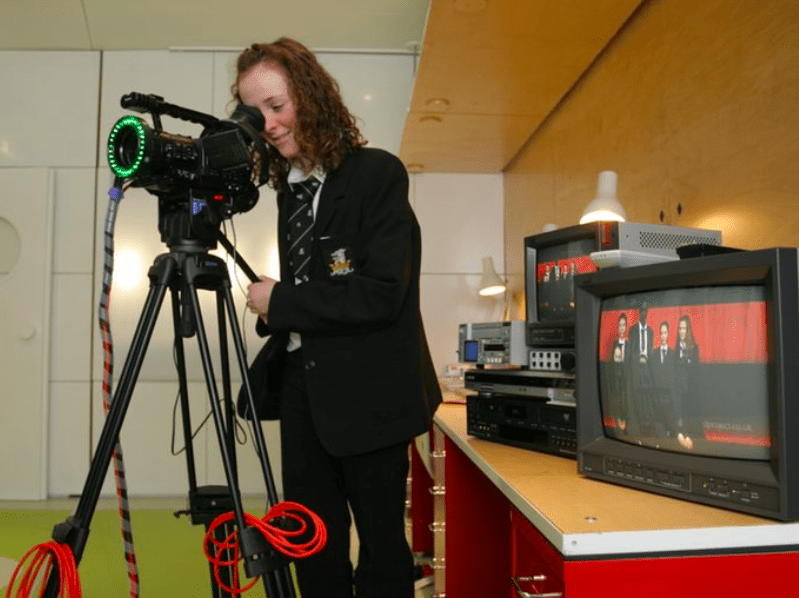
Participants
The Brit Performing Arts and Technology School, Croydon: dedicated to creative vocational training
Capital City Academy, Doyle Gardens: specialises in physical education and the arts
Highbury Grove School, Highbury New Park: pilot school for government’s new school design initiative
Villiers, Southall: specialist school for technology and media studies
Marina Benjamin, museum curator, TV writer and lifelong Londoner
Keith Kahn, Head of Culture for 2012 London Olympics
Sally Tallant, curator and head of education, Serpentine Gallery (chair)
Zoe Williams, columnist and broadcaster
Event Summary
Generation London formed a lively, constructive debate, emphasising the desire of a younger generation to engage with an incredibly broad range of issues pertaining to the city in which they live.
Education consultants, Nimble Fish, conducted several workshops in the weeks preceding Debate London to prepare four London-based schools to address issues of the evening debates. The topics included diversity, sustainability, growth and aspirations for the future. Students debated in front of an audience of 200 peers and invited adult participants and offered a fascinating counterpoint to the content generated by the evening debates.
The Big Vote concluded the youth debate and generated valuable insights into the concerns of London’s next generation of residents.
Poll Results
The Big Vote by Generation London
Q1: Is the congestion charge a good thing?
51% Yes
49% No
Q2: Will the Olympics improve London?
36% Yes
63% No
Q3: Should public transport be free for all full-time students?
97% Yes
03% No
Q4: If run-down areas were made nicer, would people still trash them?
63% Yes
37% No
Q5: If you could live anywhere, would you still choose London?
39% Yes
61% No
Q6: Do you think you will be able to afford to live in London as an adult?
60% Yes
40% No
Q7: Is London a beautiful city?
53% Yes
47% No
Q8: Answer Yes or No – having so many people from different cultures benefits London.
97% Yes
03% No
Q9: Do London’s leaders really care about making the city cleaner and greener?
14% Yes
86% No
Feedback
“The thing that I’ve always experienced when I talk to young people is that because of the diversity of their friends, they are much more informed politically about other regions in the world and they actually understand conflict and can debate religion and other really complicated topics in a way that their parent’s can’t, or maybe my generation can’t. I find that really, really exciting.”
– Sally Tallant, chair of Generation London debate; head of education and public programmes at Serpentine Gallery (quote from B.Lab interview, recorded 25 June 2007)
“It was very inspiring to hear a group of people come together properly to debate, so I was hoping that we could try and do this again moving forward [towards the Olympics]. Otherwise people won’t feel engaged.”
– Keith Kahn, participant and head of culture for 2012 London Olympics, quote from B.Lab interview, recorded 25 June 2007
Press Comment
“It was a discussion between the pupils of four inner city secondary schools, which put them between 13 and 15 [years of age], though frankly they could have been any age up to about 25. They confounded my expectations by conducting a sophisticated debate.”
– Zoe Williams, Generation London participant and author of ‘Not Designed to Entertain’, The Guardian, published 27 June 2007
Billboard Lab
Debate London’s evening debates were preceded by personal interviews with many of the invited speakers and a roaming crew of young filmmakers from the Billboard Project. Four teams of students from Shoeburyness High School made a film set against the backdrop of the ‘Global Cities’ exhibition at Tate Modern, with genuine exchange between generations and created a record of the Debate London events from the youth’s perspective.
The portable production unit, a bright red converted shipping container called the B.Lab, was located outside Tate Modern’s riverside entrance and served as the production studio. Four videos were produced in the end, along with vox-pops, addressing the public’s reception of the exhibition and questions posed by Debate London’s discussions and postcard PR campaign.
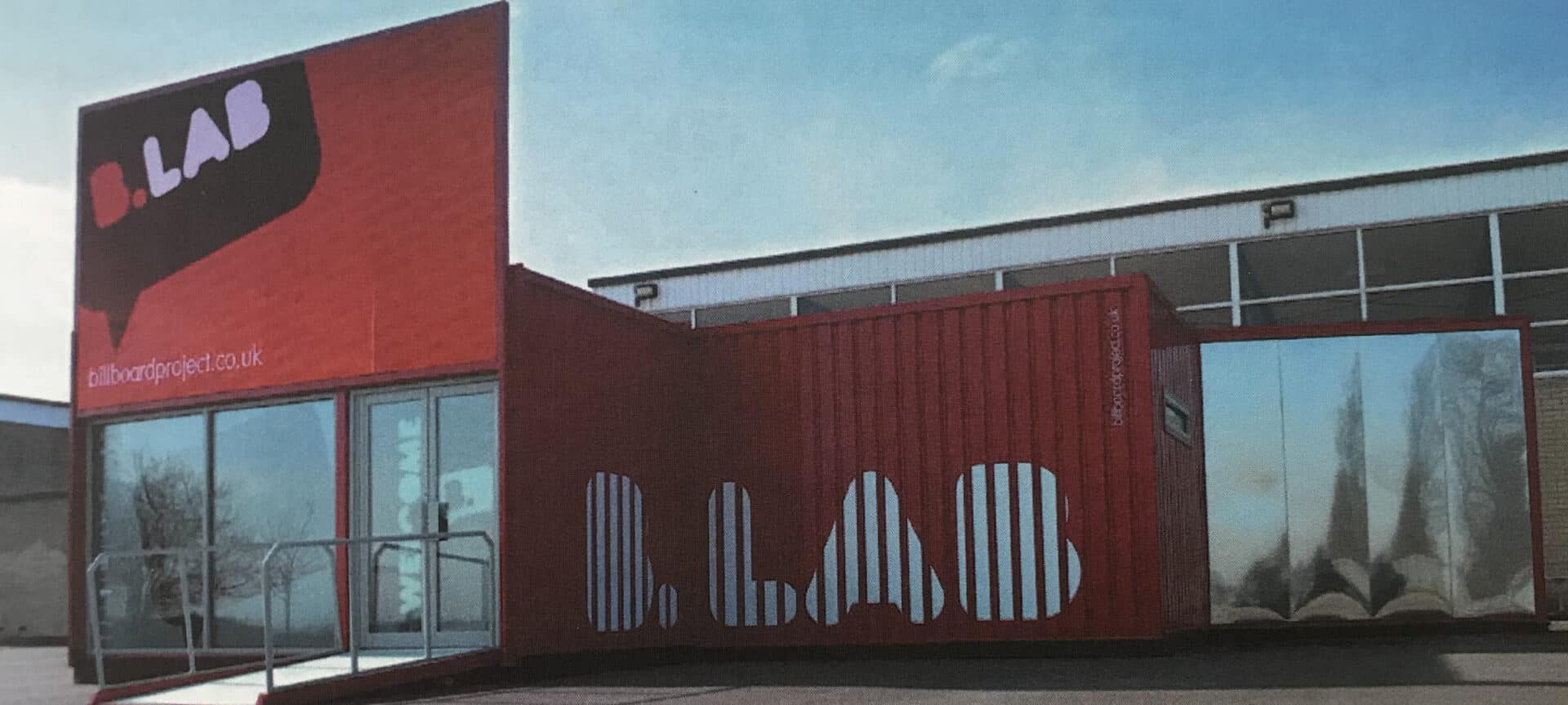
B.Lab Interviews
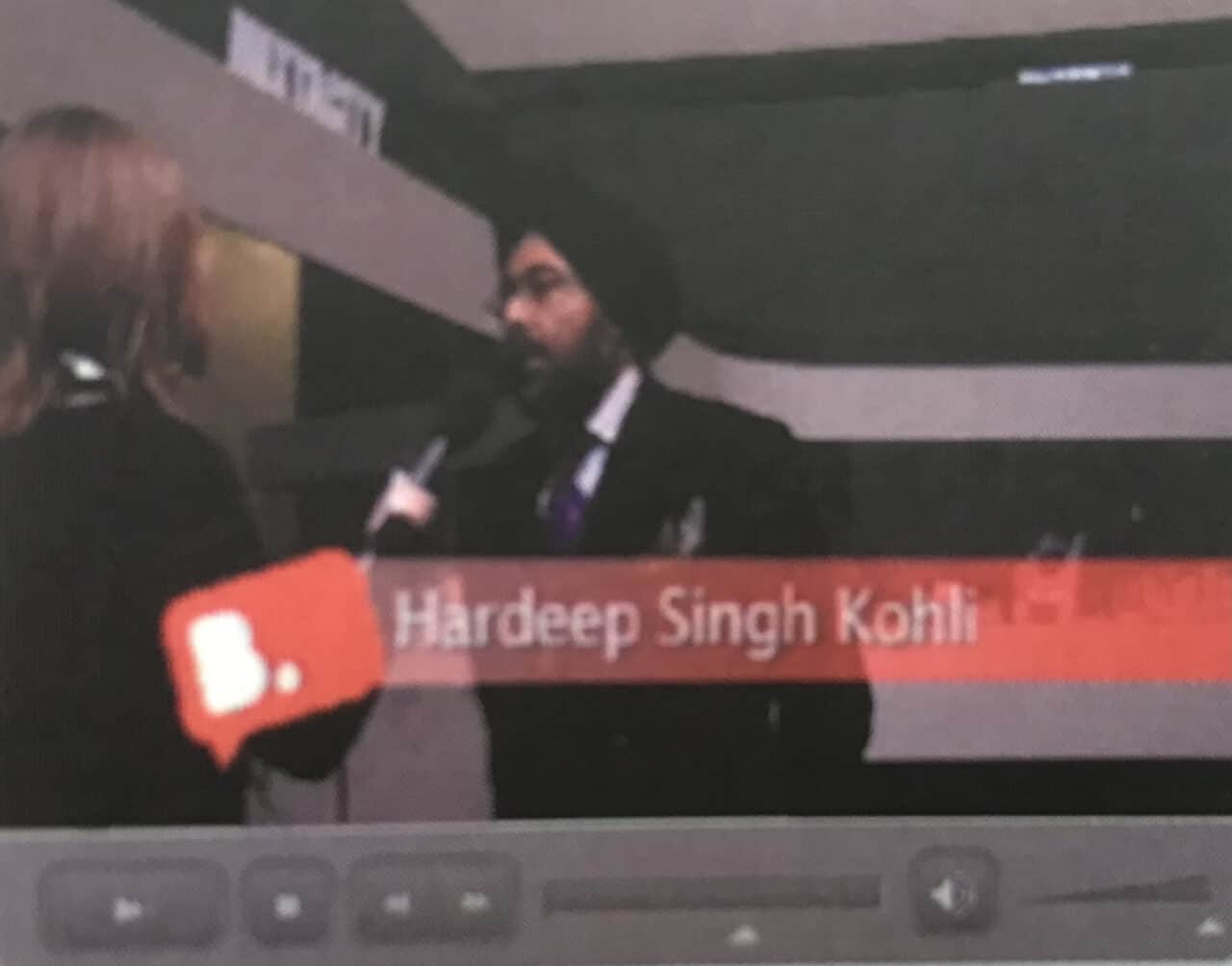
Hardeep Singh Kahn, interview still © B.Lab, 2007
“My biggest concern over the future of London is for the next generation coming through … because you can work as hard as you possibly can, take your talents to their fullest potential and you will still not be able to afford a decent flat in a decent part of town”.
– Hardeep Singh Kohli, Debate London participant and broadcaster
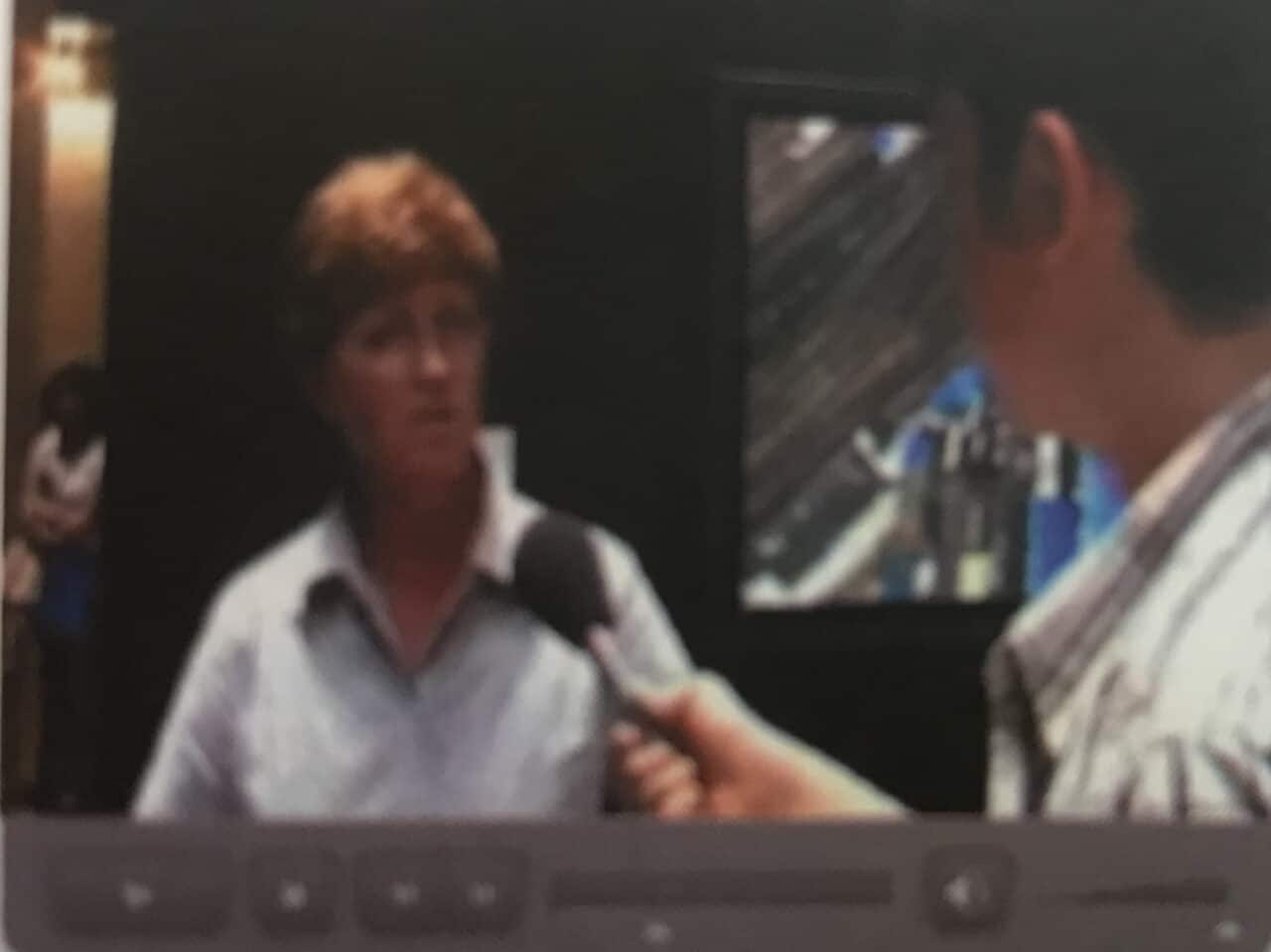
Anonymous Tate visitor, interview still © B.Lab, 2007
“I don’t know London very well, but you have beautiful parks and lots of open space for people, which I think many of the emerging countries don’t have.”
– Anonymous Tate visitor

Alejandro Gutierrez, interview still © B.Lab, 2007
“You have to think very carefully about air pollution, noise pollution, water scarcity and climate pollution, and how you get the energy to live your life. People have to change. And cities have to change. And nations have to change. And the world has to change. London is one of the wealthiest cities in the world, and if London can’t do it, with all the knowledge, technology capital innovation and capacity [then], who else will do it?”
– Alejando Gutierrez, Debate London participant and architect-engineer

Alex James, interview still © B.Lab, 2007
Q: As a well known personality, do you feel that you could promote a greener life to people? A: Hopefully, yeah. There comes a time when every rock star feels a need to change the world.”
– Alex James, Debate London participant and musician for Blur
